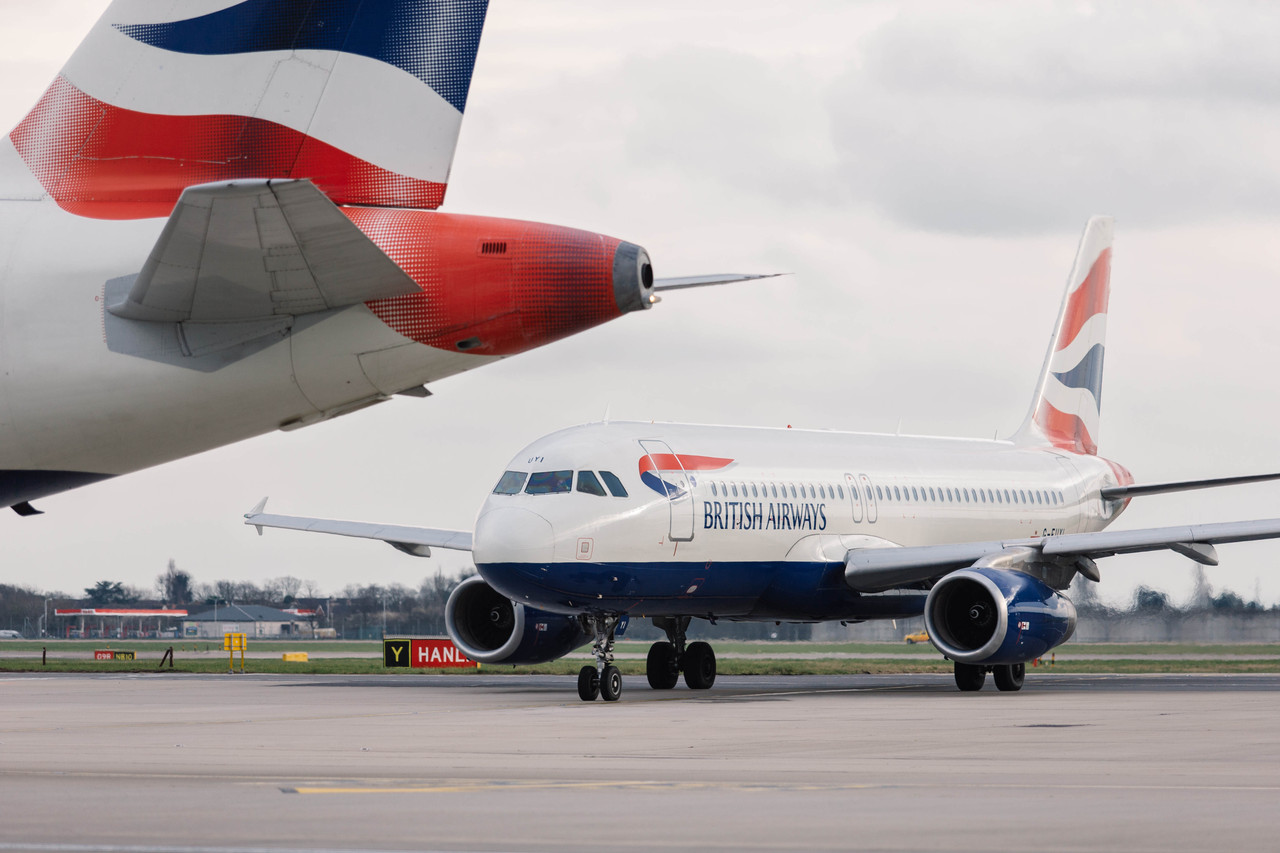
As inaugural flights go this one is set to be very different from the usual celebrations you’d expect when an airline launches a new route or perhaps a brand new state-of-the-art aircraft. Nonetheless, there’s plenty of excitement surrounding a British Airways flight which is being dubbed the Brexit Express and people are planning trips just to be onboard.
On Friday 29th March, the United Kingdom is set to leave the European Union – which, if you’ve been living under a rock since June 2016 is more commonly known as Brexit. And since there’s still so much political wrangling over an orderly exit from the bloc there’s real concern that chaos could ensue if the UK crashes out without a deal.
One of the biggest areas of concern aside from talk of food shortages, delays in essential medical supplies and even fears the Army will have to be called in to maintain order is whether planes will continue to fly. Government agencies have been working on contingency plans for years but even so, no one seems to be in agreement as to whether UK-registered planes will have the right to fly to Europe and vice versa.
Which should make British Airways flight BA634 from London Heathrow to Athens, Greece a very interesting one indeed. The flight is set to depart Heathrow at 7.25pm – less than four hours before the UK officially exits the European Union. With a flight time of nearly four hours and a two-hour time difference between London and Athens, flight BA634 is set to touch down in the Greek capital at just after 1am.
That is, of course, if the Greek authorities allow the Airbus A320 with upwards of 150 passengers onboard to land. Passengers are even booking tickets just to be on the first ex-UK flight to land in Europe after Brexit. At the time of writing, British Airways was selling one-way tickets for little more than £200, while Business Class fares were available for £615.
Should the plane land without incident, there shouldn’t be too much difference from what passengers would ordinarily experience. As the UK was never part of the Schengen area (where intra-European flights are treated as domestic arrivals), passengers will have to make their way through immigration in the normal way.
EU passport holders will likely be waved straight through, while current guidance suggests British passport holders will need at least 6-months validity on their passport to be allowed entry into Europe. A form of visa is also likely to be introduced at some point although this won’t be in effect by March 29th.
The fear of air traffic between the UK and Europe collapsing into chaos after Brexit is still a hotly debated subject. The owner of British Airways, the IAG Group says it remains confident flights will continue without disruption – deal or no deal. Although, it remains in talks with the EU to persuade authorities that the parent company is majority owned by European shareholders to guarantee its status.
Meanwhile, Iberia which is also owned by IAG recently made headlines when it suggested it was really a Spanish-owned department store so as to ensure it could operate domestic flights throughout Spain after Brexit.
Yet the chief executive of Ryanair, the often-outspoken Michael O’Leary has said his airline is currently selling tickets for flights that might not take off. In the past, he’s suggested a no-deal Brexit could see flights grounded for weeks although the reality of the situation is that no one really knows what will happen.
For long-haul flights, there’s unlikely to be any change as the UK already has separate or renegotiated air transport agreements with other countries. Of course, this could all be a storm in a teacup as the British would say – with so much money riding on keeping planes in the sky some sort of agreement is likely to in place in time for Brexit.
Mateusz Maszczynski honed his skills as an international flight attendant at the most prominent airline in the Middle East and has been flying ever since... most recently for a well known European airline. Matt is passionate about the aviation industry and has become an expert in passenger experience and human-centric stories. Always keeping an ear close to the ground, Matt's industry insights, analysis and news coverage is frequently relied upon by some of the biggest names in journalism.







